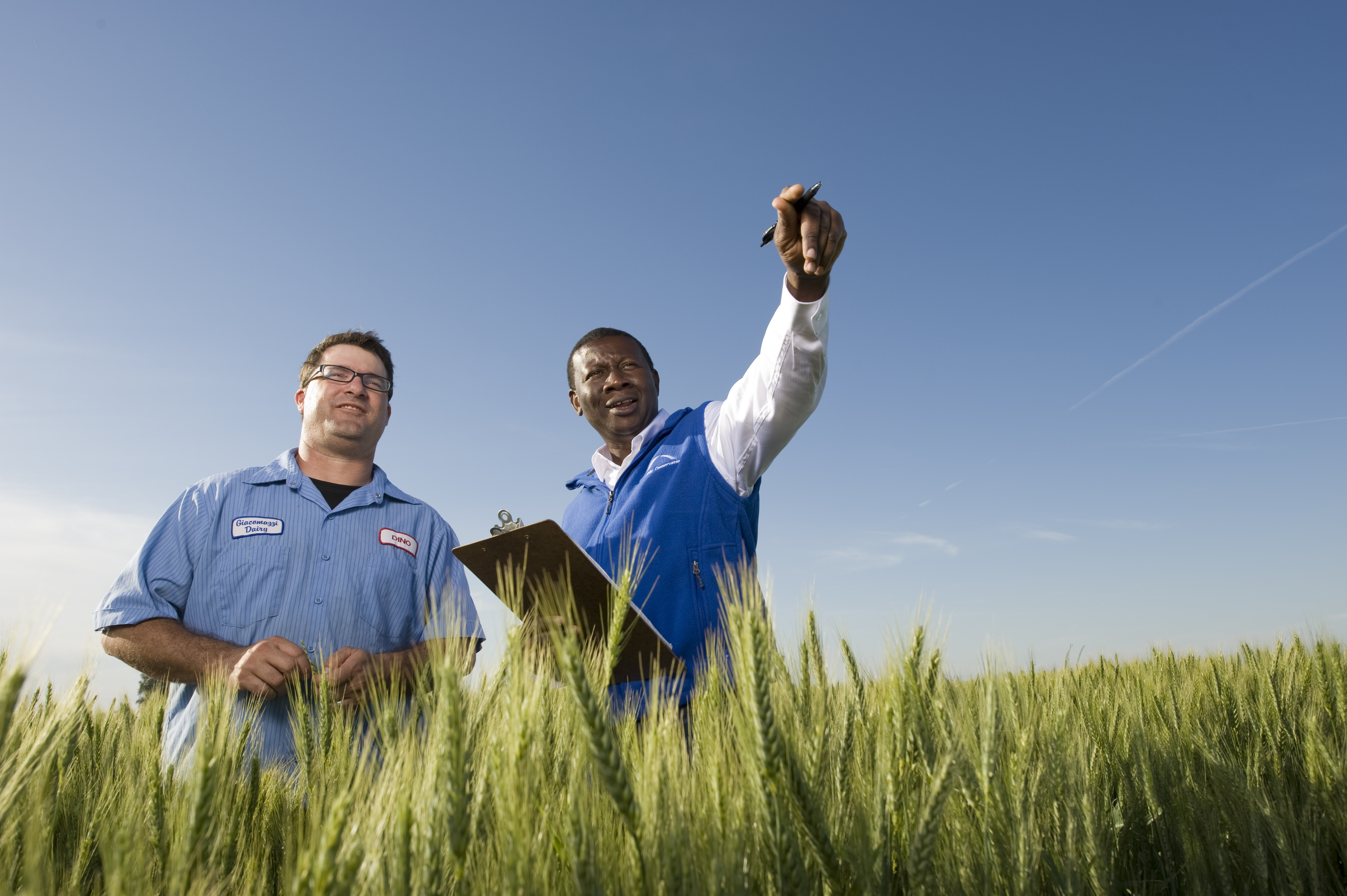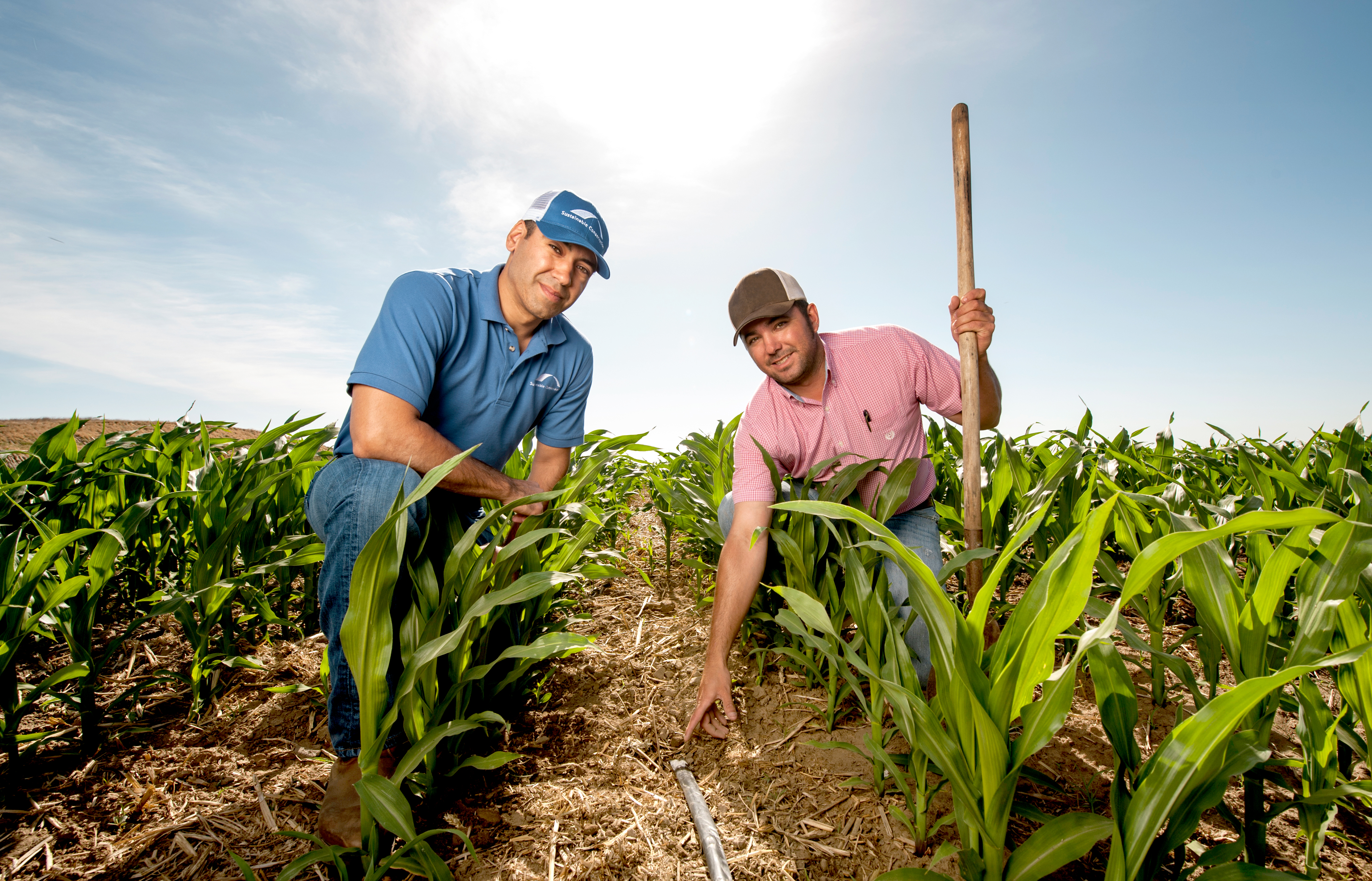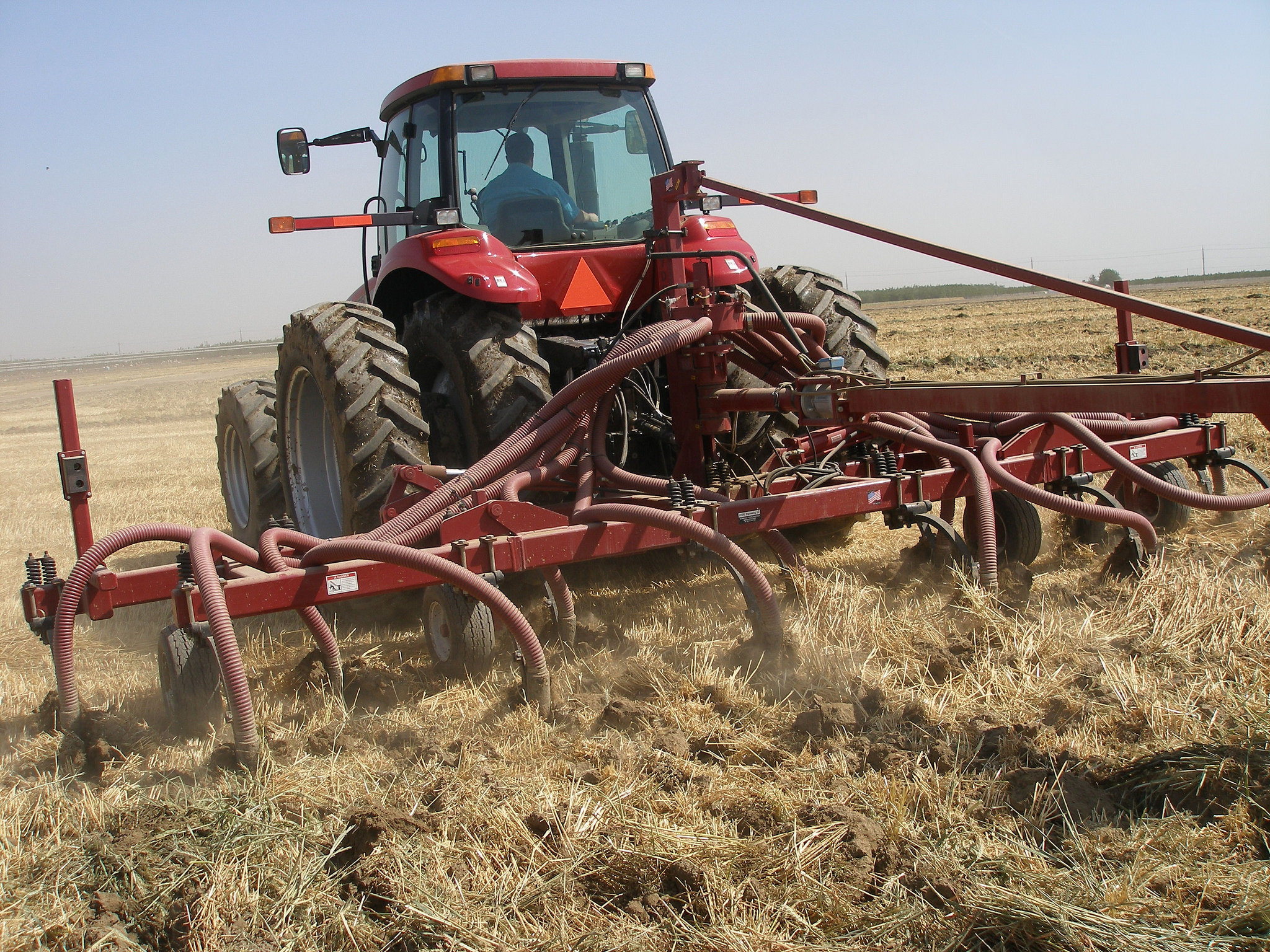Cow Power
Transforming Greenhouse Gases into Renewable Energy
Converting cow manure into renewable energy prevents harmful methane from reaching the atmosphere. This is important because methane on dairy farms accounts for the majority of agriculture’s greenhouse gas emissions. If methane digesters were installed on most California dairies, they would protect the climate as much as taking more than one million cars off the road — about 5% of the state’s total.
The good news is that methane from dairy manure can be captured and converted into energy using existing technologies. The resulting biogas can be used to create:
- Renewable electricity
- Renewable vehicle fuel (biomethane)
- Renewable natural gas that can be can be injected into existing pipelines for a wide range of uses (heating, power plants).
Electricity from methane digesters on dairy farms can be used on site (thereby reducing the farmer’s energy costs), and the surplus can be sold to a public or private utility. The electricity can replace some power from fossil-fuel plants, which account for approximately 20% of California’s greenhouse gas emissions.
The biogas from methane digesters can be refined to produce vehicle fuel, known as biomethane or “cow power.” The manure on California dairies could produce enough biomethane to power more than 100,000 vehicles. Dairy digesters can also reduce the risk of excess manure nutrients polluting waterways, including groundwater.
Our Role
Sustainable Conservation has been promoting methane digesters on California dairies for more than 10 years as a way to reduce harmful greenhouse gases, generate renewable energy to power farms and the state’s economy, and promote a healthy climate.
Sustainable Conservation was a catalyst and guide for putting the first “cow-powered” truck on the road in California’s Central Valley. We:
- Wrote the definitive report on the potential for biomethane as a vehicle fuel;
- Built an effective partnership to launch the first project;
- Secured funding to convert the diesel truck to compressed, renewable “natural gas” (biomethane);
- Educated farmers and policymakers about the project’s success;
- Wrote the 2015 Greenhouse Gas Mitigation Strategies for California Dairies Report and Report Summary.



